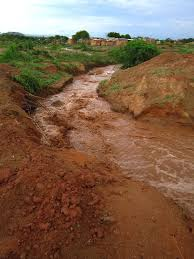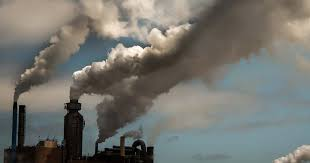Science > Biology > Soil Management > Prevention of Soil Erosion Different methods of prevention of soil erosion are discussed below Vegetation: The simplest and most natural way of prevention of soil erosion is through planting vegetation. Erosion of soil from baren land is more, hence the soil must be kept covered by growing grass and […]
Prevention of Soil Erosion



